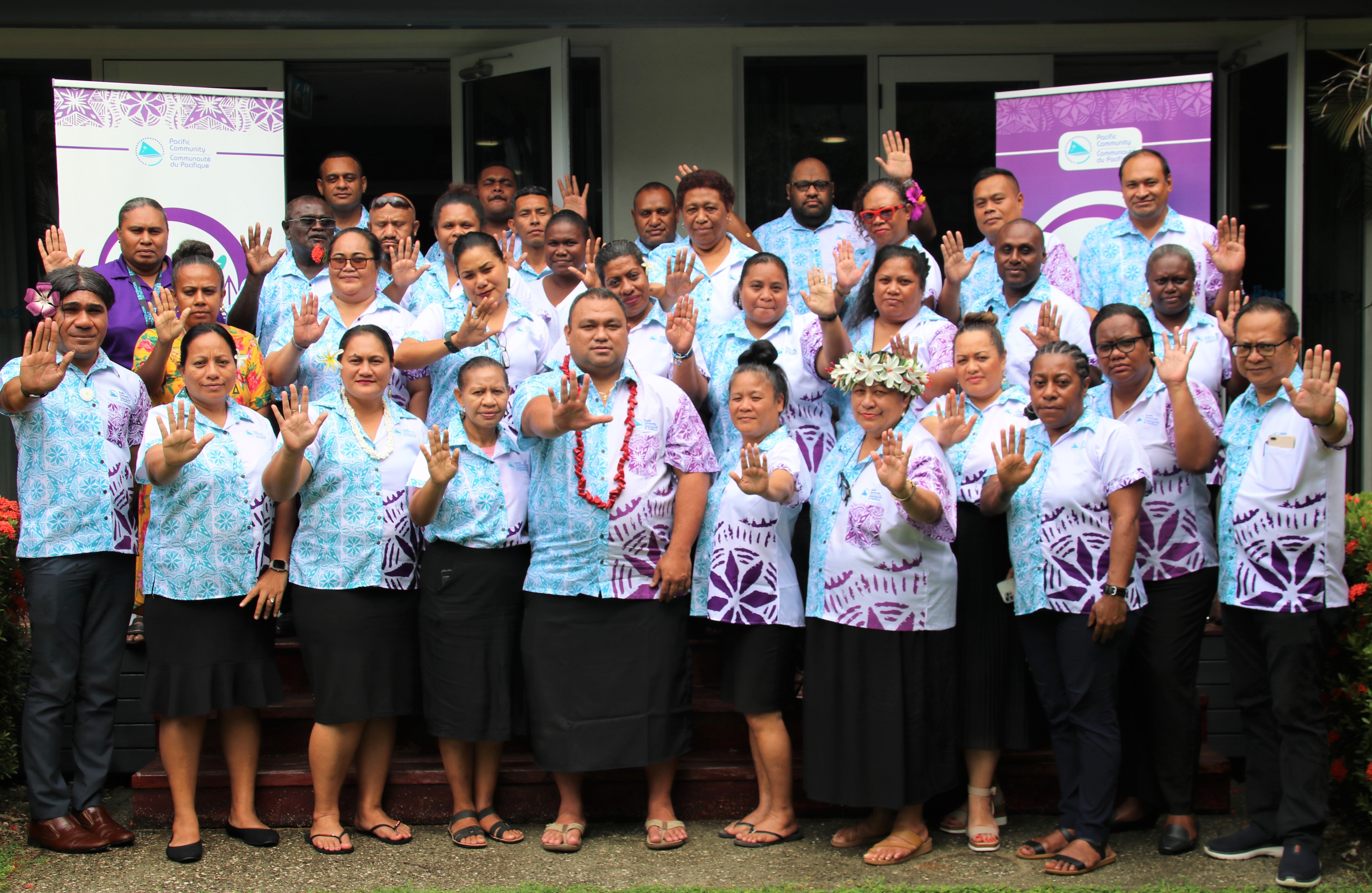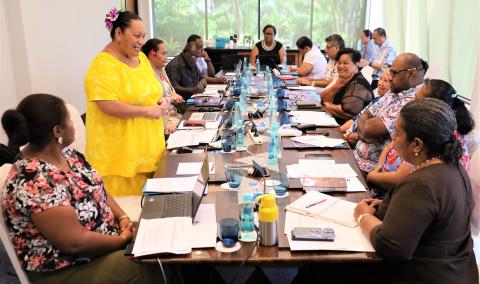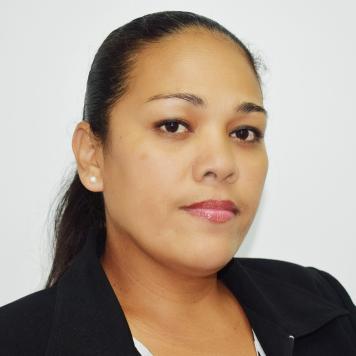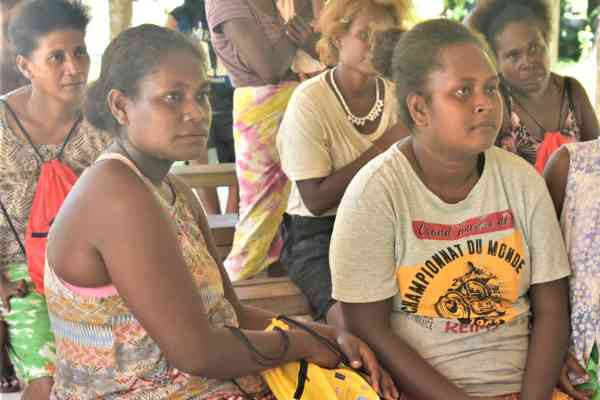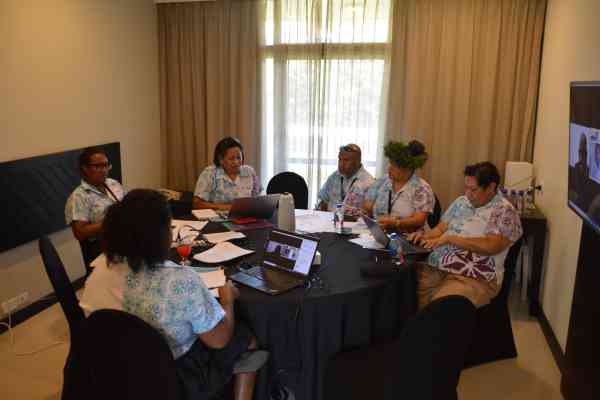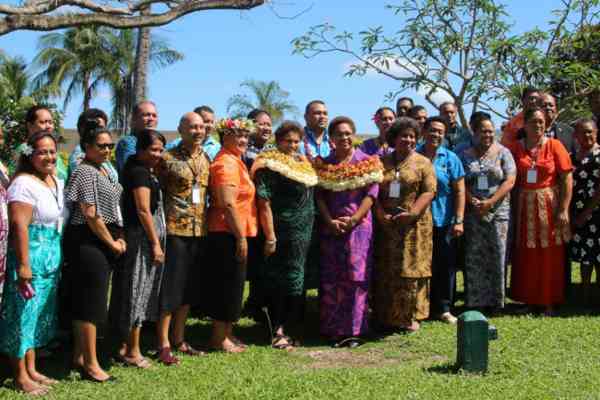The culture of silence usually associated with domestic violence has meant that for generations, Pacific women and children were trapped in cycles of abuse without redress. Gender inequality has been reinforced by harmful cultural norms and limited access to resources and information. These have all contributed to our region’s persistently high rates of domestic violence.
The winds of change continue to sweep across our Blue Pacific; we are a region that today recognises the importance of and need to protect our families, a region slowly being transformed by domestic violence and family protection legislation, and a region committed to the cause of eradicating violence within our homes and societies.
Over the last 15 years, Pacific Island countries have made considerable efforts to address domestic violence through comprehensive legal frameworks. To this effect, governments have enacted laws that not only criminalise domestic violence but also provide protection systems for survivors of domestic violence and gender-based violence. These laws contribute towards changing mindsets, empowering survivors, responding to domestic violence, and reshaping the way Pacific societies perceive the issue of violence within the family setting.
As the region moves forward, stakeholder collaboration and knowledge sharing have emerged as powerful tools for addressing domestic violence. While the collective efforts of governments, civil society, and citizens hold the promise of breaking the cycle of violence and fostering lasting change, making collective action happen has its challenges. Stakeholders may be bound by a common interest to end violence against women and girls. However, each has a different role and function in the process, and these need to work closely to ensure greater support for survivors.
As a means to address this challenge, the Regional Working Group on the Implementation of Family Protection/Domestic Violence Legislation (RWG) serves to create an enabling environment where government stakeholders with a mandate to coordinate the implementation of family protection/domestic violence (FP/DV) legislation can meet regularly to share information and good practices relating to FP/DV implementation. The RWG is also responsible for developing action plans that reflect regional implementation priorities.
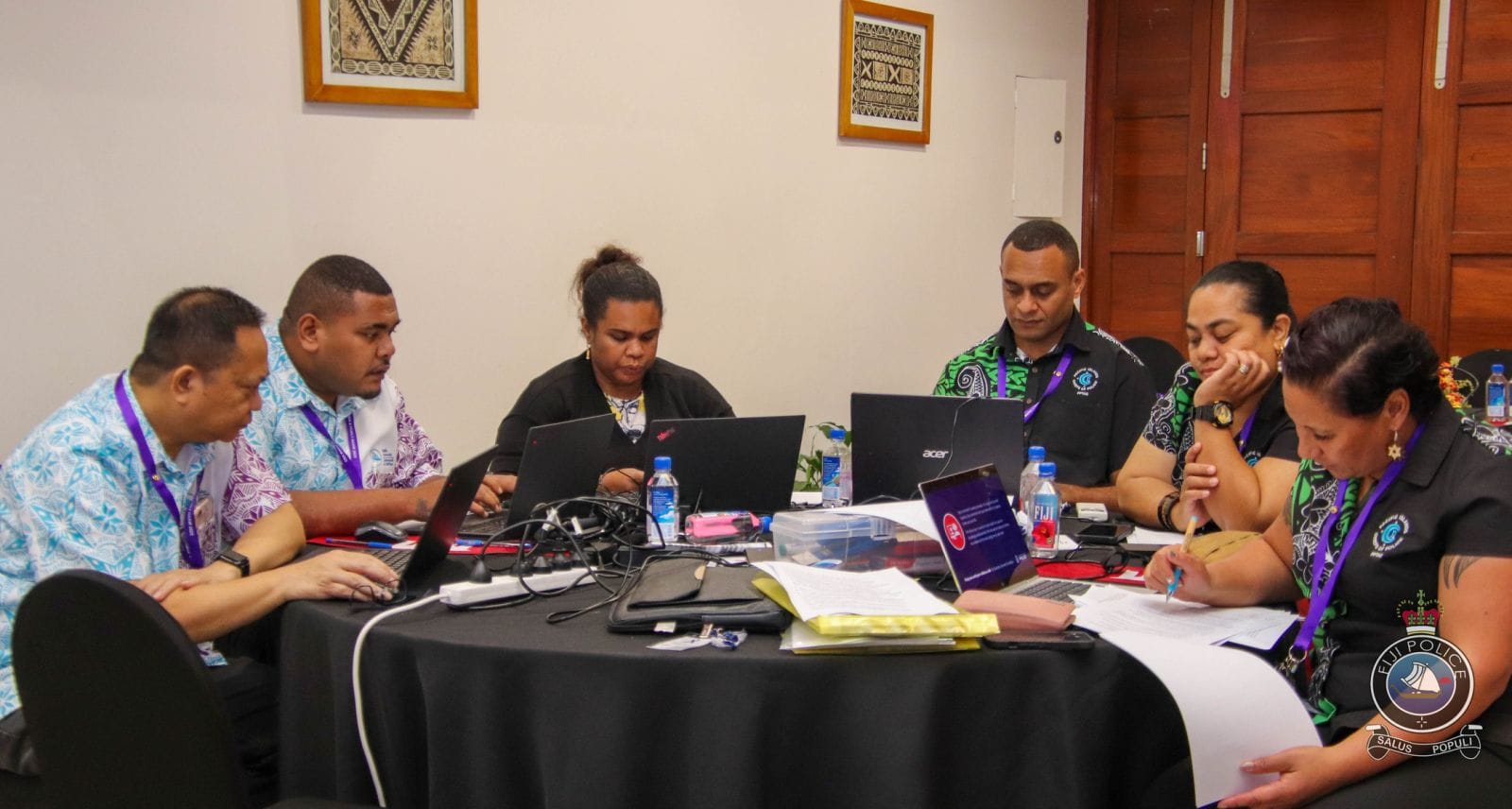 Established in 2018 as a key outcome of the Pacific Community-led “Regional Consultation on the Implementation of Domestic Violence Legislation: from Law to Practice”, the RWG has to date held four annual meetings, the most recent being held in Honiara, Solomon Islands, in July this year. SPC, through its Human Rights and Social Development (HRSD) Division, serves as the Secretariat of the RWG; facilitating information-sharing between member countries and states, coordinating RWG plans and activities, supporting the RWG in convening its annual meetings and also helping members with the collection of data to track progress on the implementation of domestic violence legislation.
Established in 2018 as a key outcome of the Pacific Community-led “Regional Consultation on the Implementation of Domestic Violence Legislation: from Law to Practice”, the RWG has to date held four annual meetings, the most recent being held in Honiara, Solomon Islands, in July this year. SPC, through its Human Rights and Social Development (HRSD) Division, serves as the Secretariat of the RWG; facilitating information-sharing between member countries and states, coordinating RWG plans and activities, supporting the RWG in convening its annual meetings and also helping members with the collection of data to track progress on the implementation of domestic violence legislation.
To date, notable collaborations supported by the RWG include the:
- Symposium on Family Protection Orders in the Pacific region. Held in December 2021, SPC (through the RWG Secretariat) collaborated with the Australian National University (ANU) to co-convene the symposium, which was an opportunity to take stock of the family protection order legislation currently in place in different Pacific Island countries. It was also an opportunity to showcase projects facilitating access to justice for domestic violence survivors in rural and remote areas.
- Regional Ending Violence Against Women and Girls (EVAWG) Symposium held in August 2022 and which preceded the 3rd Annual Meeting of the RWG. Service providers from across the region converged in Nadi, Fiji, to share their experiences of working during the COVID-19 lockdowns to provide support for victims of domestic violence. As reflections on implementation progress over the last three years were shared at the symposium, collaboration opportunities and support the RWG can provide in its next phase were also highlighted at the event.
- First regional Pacific Islands Chiefs of Police (PICP) Gender and Family Harm Workshop. Held in June 2023, a priority of the workshop was to help participants understand where gender and family harm is placed within regional commitments that support gender equality and ending gender-based violence.
HRSD’s Team Leader Governance and Institutional Strengthening, Neomai Maravuakula, said the importance of the RWG was evident at the height of the COVID-19 lockdowns as member countries looked for ways to continue with the implementation of legislation at a time when reports and cases of domestic violence were increasing during the pandemic, and victims sought protection orders.
“When COVID happened, it tested how effective the provisions of the law were, how responsive it was in times of crisis, and we took the opportunity to cross-learn,” she said.
While the journey towards implementing domestic violence and family protection legislation is ongoing and challenges persist, the dedication PICs show to address these issues highlights a commitment to shaping a more equitable and just future. Once treated as a taboo topic, Pacific communities are now engaging in conversations about domestic and family violence, fostering an environment where survivors feel supported instead of stigmatised.
The evolving legal landscape of family protection and domestic violence has given our Blue Pacific a renewed sense of hope. Contrary to just enacting laws, as a region, we are igniting behaviour change that challenges long-held norms and is paving the way for a future where domestic violence is no longer a hidden scourge but a shared battle, fought openly and collectively. The journey is far from over, but our direction is clear – we are determined to continue navigating towards a future where every individual can live free from the shadows of domestic violence where legislation is a beacon of hope and a catalyst for change.
